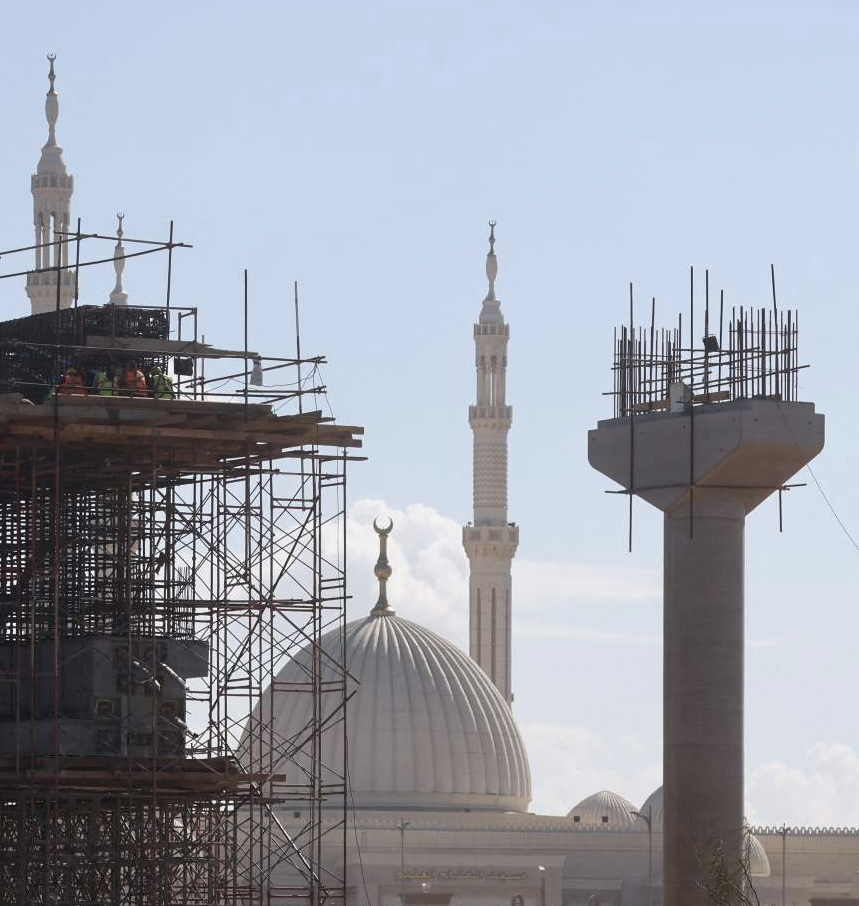A Saudi Arabian company has announced plans to build a groundbreaking hydrogen-powered skyscraper in Egypt’s new administrative capital. The ambitious project aims to set a new standard for sustainable urban development in the region and demonstrate the potential of hydrogen as a clean energy source.
The proposed skyscraper will be part of a larger development initiative in Egypt’s new capital, which is being designed to showcase innovative green technologies and sustainable living. The Saudi firm, known for its focus on advanced engineering and renewable energy solutions, plans to incorporate cutting-edge hydrogen fuel cell technology to power the building’s operations.
Hydrogen power, touted for its zero-emission characteristics, will be used to generate electricity and heat for the skyscraper. This technology not only promises to reduce the building’s carbon footprint but also positions it as a model for future sustainable architecture. The project represents a significant step toward integrating renewable energy solutions into large-scale urban infrastructure.
The new administrative capital, located east of Cairo, is envisioned as a hub for modern living and economic growth. The construction of the hydrogen-powered skyscraper aligns with Egypt’s broader goals of enhancing its infrastructure while addressing environmental challenges. The skyscraper is expected to feature state-of-the-art amenities, including advanced energy management systems and eco-friendly design elements.
Saudi Arabia’s investment in this project underscores the growing interest in hydrogen technology as a viable alternative to fossil fuels. The country has been actively pursuing green energy initiatives and sees the project in Egypt as an opportunity to showcase its technological capabilities on an international stage. The collaboration also highlights the strengthening economic ties between Saudi Arabia and Egypt.
The development of the hydrogen-powered skyscraper is part of a broader trend toward sustainable building practices in the Middle East and North Africa (MENA) region. Many countries in the region are exploring ways to reduce their reliance on conventional energy sources and mitigate the environmental impact of rapid urbanization.
Local experts and environmental advocates have welcomed the project, noting its potential to inspire similar initiatives across the region. The successful implementation of hydrogen technology in such a high-profile project could pave the way for more sustainable development practices and encourage further investment in green technologies.
As the project progresses, there is hope that it will serve as a catalyst for innovation and sustainability in urban planning. The skyscraper’s completion is expected to set a new benchmark for environmentally conscious construction and provide a tangible example of how hydrogen can play a crucial role in reducing greenhouse gas emissions.
Despite the challenges inherent in such a pioneering project, the vision for a hydrogen-powered skyscraper in Egypt’s new capital offers a promising glimpse into the future of sustainable urban development. The initiative reflects a growing commitment to addressing climate change through innovative solutions and international cooperation.
Source: Engineering News



